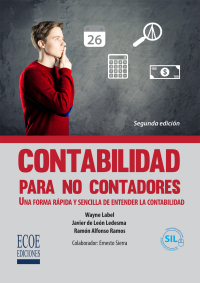
Axon Company makes wooden toys in its forming department, and it uses the First-In-First-Out (FIFO) method of process costing. All direct materials are added at the beginning of the process, and conversion costs are added evenly during the process. Spoiled units are detected upon inspection at the end of the process (i.e., inspection point is at the 100% of the production process) and are disposed of at zero net disposal value. Summary data for August 2014 are as follows: Physical Direct Conversion units Materials Costs Work in process, beginning inventory (August 1) 2,000 $17,700 $10,900 Degree of completion of beginning work in process 100% 50% Started during August 10,000 Good units completed and transferred out during August 9,000 Work in process, ending inventory (August 31) 1,800 Degree of completion of ending work in process 100% 75% Total costs added during August $85,000 $105,500 Normal spoilage as a percentage of good units 10% Degree of completion of normal spoilage 100% 100% Degree of completion of abnormal spoilage 100% 100% (Show all your work from Steps 1 to 5 of Process Costing to receive full credits.) a. For each cost category, calculate equivalent units. Show physical units in the first column of your schedule. b. summarize total costs to account for; calculate cost per equivalent unit for each cost category; and assign total costs to units completed and transferred out (including normal spoilage), to abnormal spoilage, and to units in ending work in process. Axon Company makes wooden toys in its forming department, and it uses the First-In-First-Out (FIFO) method of process costing. All direct materials are added at the beginning of the process, and conversion costs are added evenly during the process. Spoiled units are detected upon inspection at the end of the process (i.e., inspection point is at the 100% of the production process) and are disposed of at zero net disposal value. Summary data for August 2014 are as follows: Physical Direct Conversion units Materials Costs Work in process, beginning inventory (August 1) 2,000 $17,700 $10,900 Degree of completion of beginning work in process 100% 50% Started during August 10,000 Good units completed and transferred out during August 9,000 Work in process, ending inventory (August 31) 1,800 Degree of completion of ending work in process 100% 75% Total costs added during August $85,000 $105,500 Normal spoilage as a percentage of good units 10% Degree of completion of normal spoilage 100% 100% Degree of completion of abnormal spoilage 100% 100% (Show all your work from Steps 1 to 5 of Process Costing to receive full credits.) a. For each cost category, calculate equivalent units. Show physical units in the first column of your schedule. b. summarize total costs to account for; calculate cost per equivalent unit for each cost category; and assign total costs to units completed and transferred out (including normal spoilage), to abnormal spoilage, and to units in ending work in process







